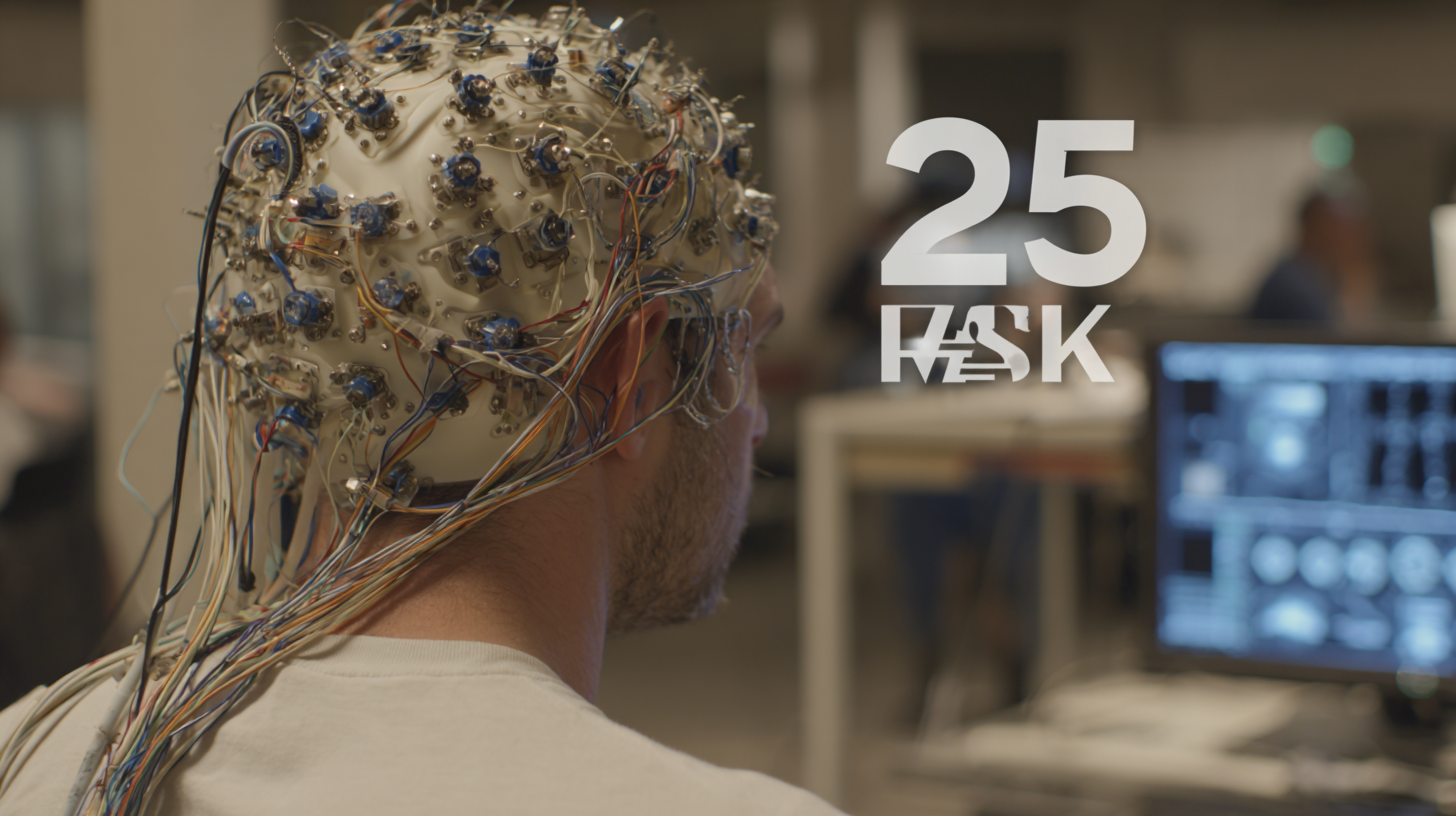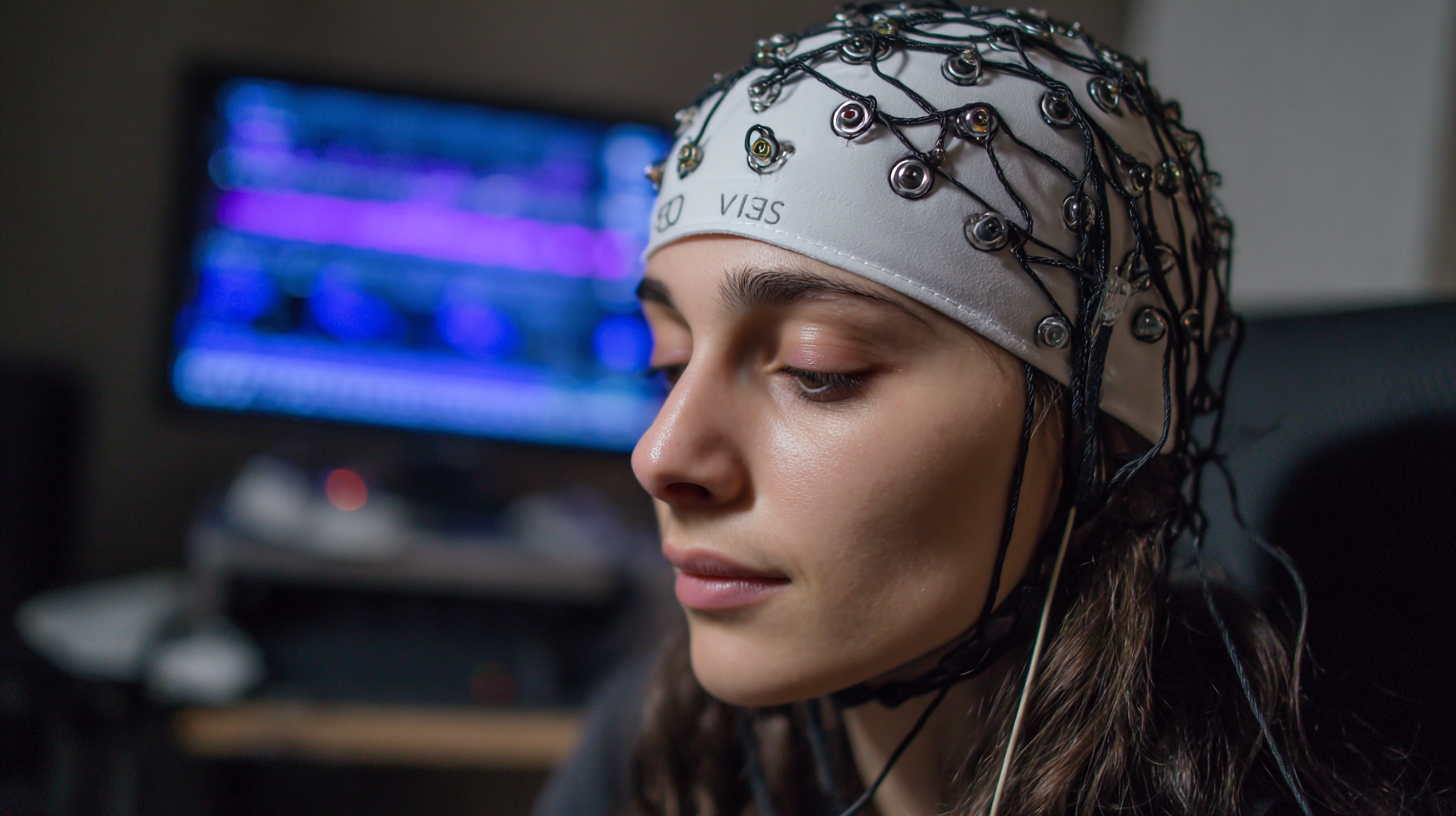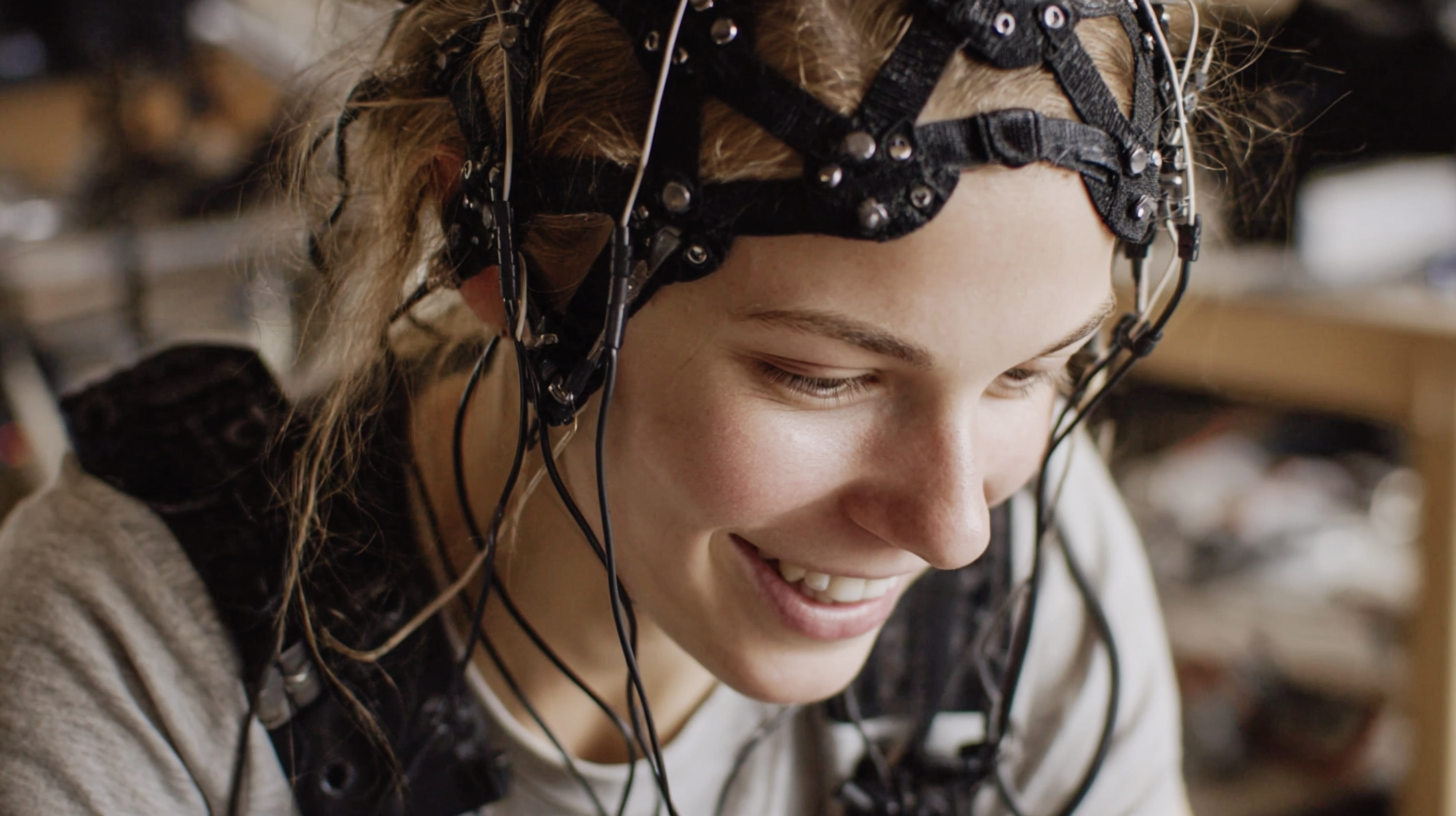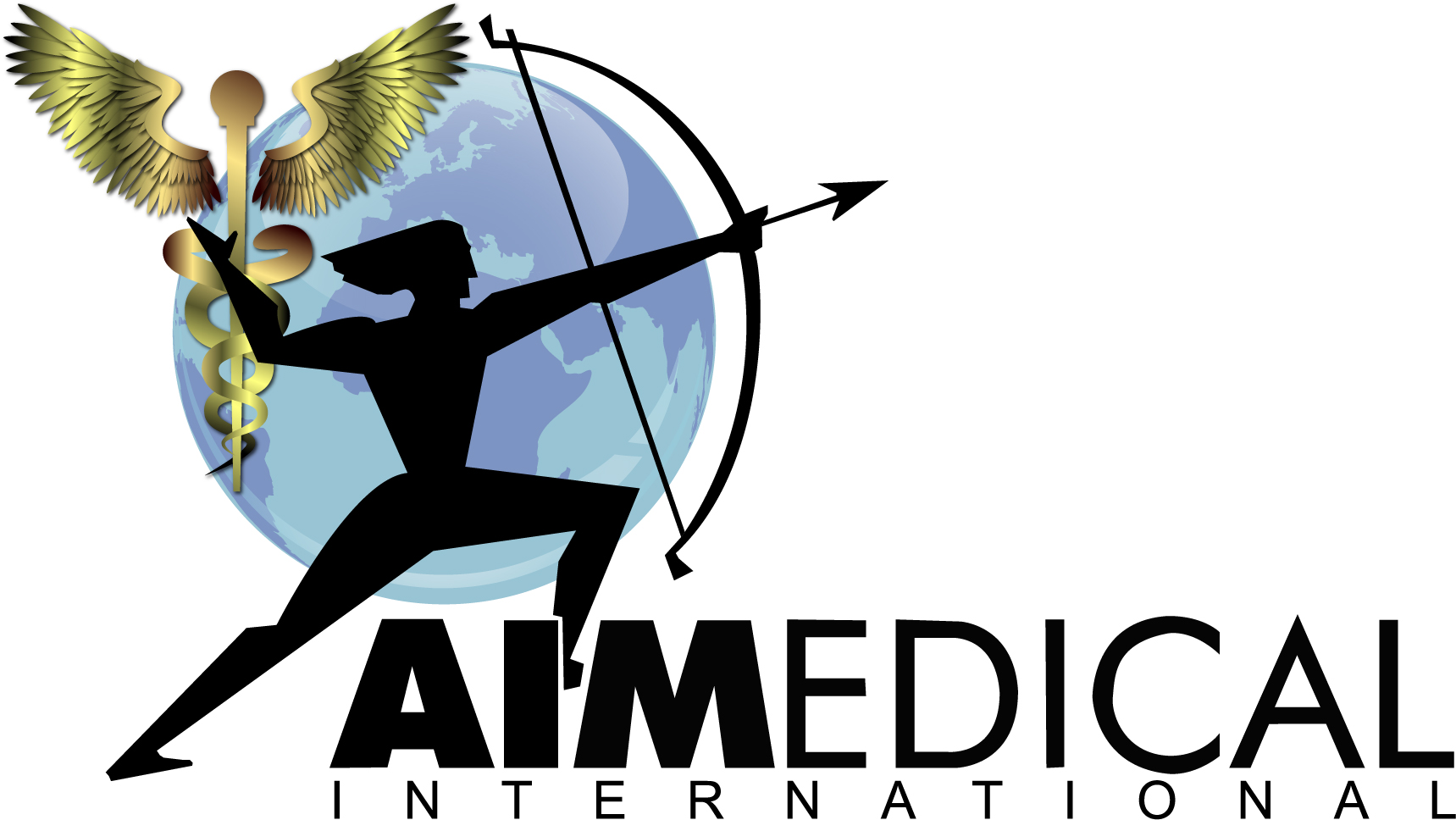25 Reasons Why Best Used EEG Equipment Can Transform Mental Health Care
The integration of used EEG equipment into mental health care practices is revolutionizing the way professionals approach diagnosis and treatment. According to the National Institute of Mental Health, approximately 1 in 5 adults experience mental illness in a given year, highlighting the urgent need for effective diagnostic tools and therapeutic options. Evidence suggests that EEG technology can enhance our understanding of brain activity, leading to more personalized treatment plans. Furthermore, a report from the International Federation of Clinical Neurophysiology indicates that the global EEG device market is expected to reach $1.6 billion by 2026, with a significant portion of that growth driven by the increasing adoption of used EEG equipment in various clinical settings. This blog will explore 25 compelling reasons why these devices can transform mental health care, improving outcomes for patients and practitioners alike.

The Role of EEG Equipment in Identifying Mental Health Disorders
Electroencephalography (EEG) equipment plays a pivotal role in the identification and diagnosis of mental health disorders, especially depression. According to a 2021 report by the World Health Organization (WHO), approximately 350 million people globally suffer from depression. In China alone, data from The Lancet reveals that over 95 million people are affected, highlighting a pervasive mental health crisis where 1 in every 11 individuals is struggling with this debilitating condition. This staggering prevalence underlines the urgent need for accurate diagnostic tools in mental health care.
Utilizing advanced EEG technology, mental health professionals can gain real-time insights into brain activity, facilitating more precise identification of depression and other related disorders. With the capacity to detect subtle neural patterns that correspond to mood states, EEG allows clinicians to tailor treatment plans that address the unique neurological underpinnings of each patient’s condition. The integration of EEG into clinical practice not only enhances diagnostic accuracy but also aligns with emerging solutions that focus on a holistic approach to mental health care. As treatment evolves toward a more integrated model, EEG's contribution to diagnosing and managing mental health disorders marks a significant advancement in patient-centered care.
How Used EEG Devices Enhance Treatment Personalization for Patients
The integration of used EEG (Electroencephalogram) devices into mental health care is paving the way for unprecedented treatment personalization, revolutionizing how clinicians approach therapy. EEG technology provides real-time insights into brain activity, offering clinicians a data-driven foundation to tailor treatments for individual patients. A report from the National Institutes of Health highlighted that personalized mental health treatments result in a 30% increase in treatment efficacy compared to standard one-size-fits-all approaches.
The adaptability of used EEG devices not only enhances diagnostic accuracy but also allows for continuous monitoring of therapeutic progress. Research published in the Journal of Neuroscience showed that personalized interventions, guided by EEG data, can lead to improved patient engagement and satisfaction ratings, which are essential elements in the recovery process. By utilizing EEG, therapists can identify specific neurological patterns linked to disorders such as anxiety and depression, enabling them to adjust treatment plans that resonate with each individual's brain activity and response. This level of granularity ensures that mental health care can evolve in a way that meets patients where they are, fostering a more effective healing journey.
Impact of Used EEG Devices on Mental Health Treatment Personalization
Exploring the Cost-Effectiveness of Used EEG Equipment in Therapy
 The rising cost of mental health care has become a significant barrier for many individuals seeking treatment. Used EEG equipment presents a viable and cost-effective solution that can revolutionize therapy practices. These devices, once reserved for high-budget clinical environments, are now available at reduced prices, making advanced brain monitoring accessible to a broader audience. By integrating used EEG technology, therapists can provide enhanced diagnostics and tailor treatments based on real-time brain activity, ultimately leading to more effective interventions for patients.
The rising cost of mental health care has become a significant barrier for many individuals seeking treatment. Used EEG equipment presents a viable and cost-effective solution that can revolutionize therapy practices. These devices, once reserved for high-budget clinical environments, are now available at reduced prices, making advanced brain monitoring accessible to a broader audience. By integrating used EEG technology, therapists can provide enhanced diagnostics and tailor treatments based on real-time brain activity, ultimately leading to more effective interventions for patients.
Moreover, incorporating used EEG equipment into therapy not only reduces financial strain but also contributes to improved patient outcomes. The ability to assess brain function during therapy sessions allows practitioners to adapt their approaches based on immediate feedback. This personalized care can expedite the healing process, helping patients navigate their mental health challenges more effectively. As therapists embrace the cost-effective and innovative nature of used EEG devices, the potential for improved mental health care is immense, fostering a more supportive environment for those in need.
Integrating EEG Technology with Traditional Mental Health Practices
Electroencephalography (EEG) technology is revolutionizing the landscape of mental health care by integrating seamlessly with traditional practices. This synergy allows mental health professionals to gain real-time insights into patients' brain activity, enhancing diagnostic accuracy and treatment efficacy. When clinicians pair EEG readings with psychological evaluations, they can tailor interventions that are better aligned with the unique neurological profiles of their patients.
Moreover, using EEG as a complementary tool creates a holistic approach to mental health care. For instance, integrating biofeedback techniques rooted in EEG data can empower patients to engage more actively in their treatment. They can observe, in real-time, the effects of mindfulness, relaxation, or cognitive-behavioral strategies on their brain’s electrical activity, fostering a deeper understanding of their mental states. By harmonizing these advanced technologies with established therapeutic practices, mental health care can be transformed into a more dynamic, personalized, and effective experience for individuals seeking support.
Maximizing Patient Engagement and Outcomes through EEG Monitoring
The integration of EEG monitoring in mental health care has the potential to revolutionize patient engagement and outcomes significantly. According to recent studies, patient-centered care models that emphasize engagement lead to improved compliance and better health outcomes. For instance, effective patient engagement strategies can increase adherence to treatment plans by up to 80%, illustrating the immense potential of leveraging technology like EEG in mental health settings.
EEG monitoring not only provides clinicians with real-time data but also fosters a closer therapeutic relationship. Research indicates that strong relationships between patients and providers can enhance recovery rates, with one report suggesting that patients who feel connected to their therapists are more likely to stay in treatment and achieve their mental health goals. This is particularly crucial in remote care environments, where maintaining patient engagement is essential. As healthcare continues to shift towards digital solutions, embracing EEG technology could serve as a pivotal tool in enhancing the therapeutic alliance, ultimately leading to better mental health outcomes for patients.

